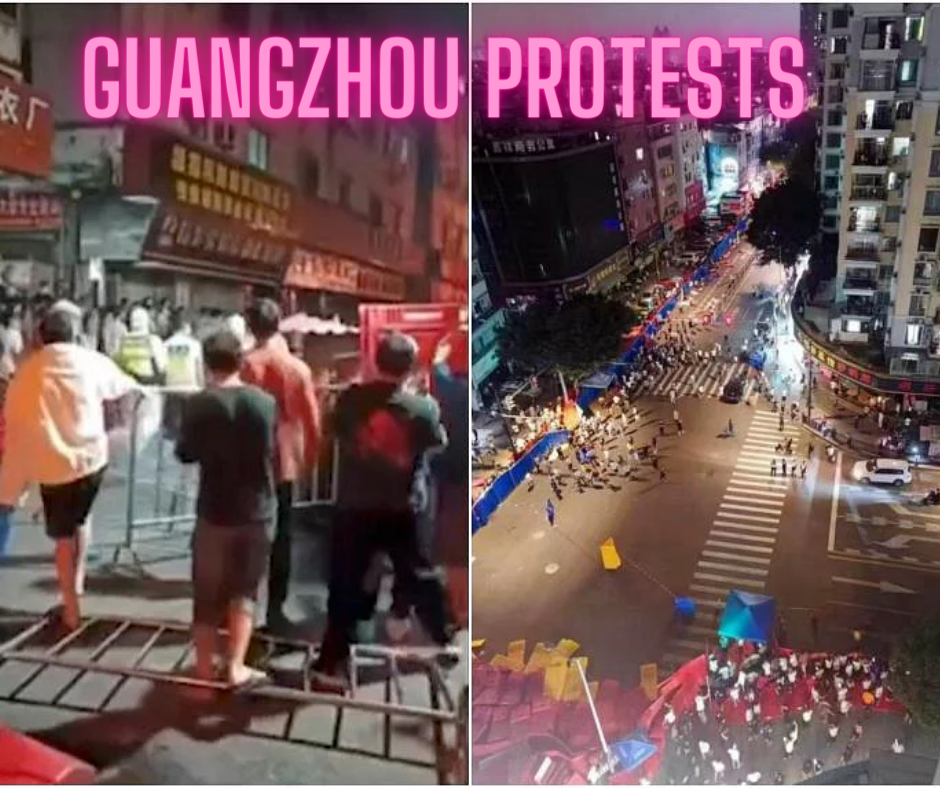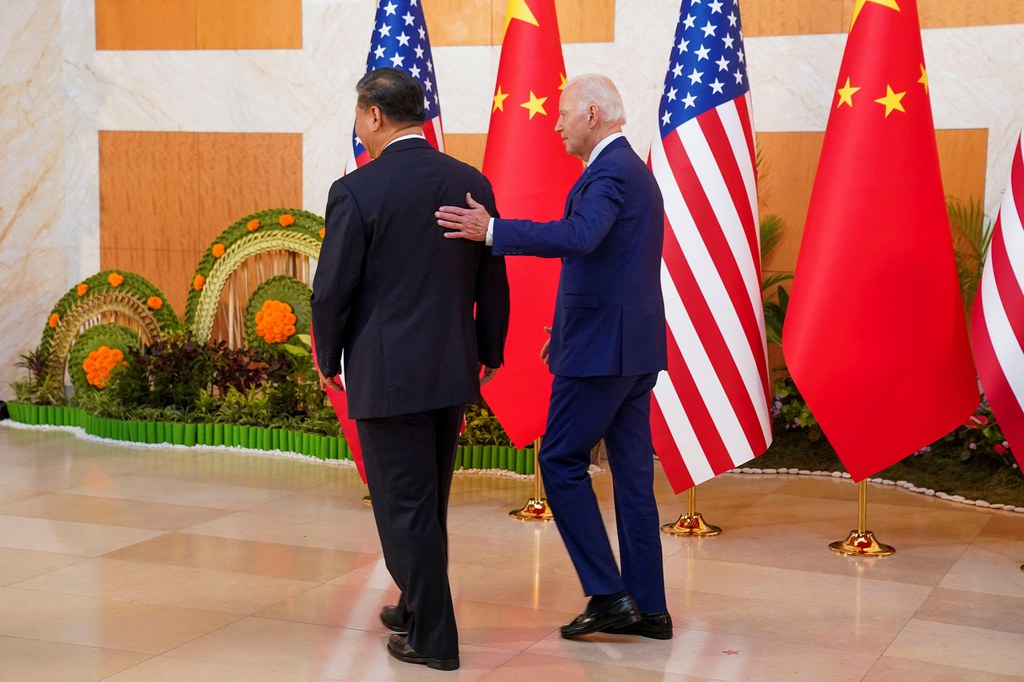North Korean censors destroy more than half of soldiers’ Mother’s Day letters
North Korea’s military ordered soldiers to write letters to their mothers ahead of the country’s Mother’s Day, which was on Wednesday, but military censors destroyed more than half of them for ideological reasons, sources in the country told Radio Free Asia. To make matters worse, the censors even used the contents of some letters to identify and punish problematic soldiers, sources said. “The letters from soldiers of each unit … are opened before they arrive at the regimental postal office, and the ones that contain complaints about the difficulties of military service are sorted out and destroyed,” a source from the northwestern province of North Pyongan told RFA’s Korean Service on condition of anonymity for safety reasons. The number of mothers who aren’t receiving letters is likely in the hundreds of thousands. Every able-bodied North Korean must serve in the military. Until recently, male soldiers spent 10 years in the service, but since 2020, men serve eight years and women five as part of a fighting force estimated by the CIA World Factbook to be 1.15 million strong. From the letters sorted out, the censors made a list of soldiers with “weak ideological wills” – in other words, those who complained about hunger or fatigue, the source said. Those soldiers will be sent to ideological training. Letters written by a unit of soldiers guarding the border with China in the northeastern province of North Hamgyong had to pass through two rounds of censors, a source there told RFA on condition of anonymity to speak freely. “The letters were first opened and censored by the company security officers, then they were all collected at the regiment and the military’s security authorities inspected them again,” the second source said. Some of the soldiers on the weak ideology list did not even complain. Instead they made the mistake of asking about their mothers’ wellbeing, the second source said. “A soldier sent his regards to his mother and asked her if the house had not collapsed in a recent flood and if the farming was going well,” the second source said. “However, the military security department pointed out that this shows that the soldier … does not trust the Party and speaks weakly instead of trusting that the Party takes care of the lives of all citizens.” Because so many soldiers are now going to be sent to ideological reeducation, they are griping about the authorities’ duplicitous behavior, because they are the ones that ordered them to write the letters in the first place, the second source said. Though Mother’s Day is most commonly celebrated around the world on the second Sunday in May, it falls on other dates in many countries. It is a relatively new holiday in North Korea, introduced in 2012 during the first year of Kim Jong Un’s reign, and became a public holiday in 2015. Authorities chose Nov. 16 in remembrance of an iconic speech about mothers delivered on that day in 1961 by Kim’s grandfather, national founder Kim Il Sung. Translated by Claire Shinyoung Oh Lee and Leejin J. Chung. Written in English by Eugene Whong.







